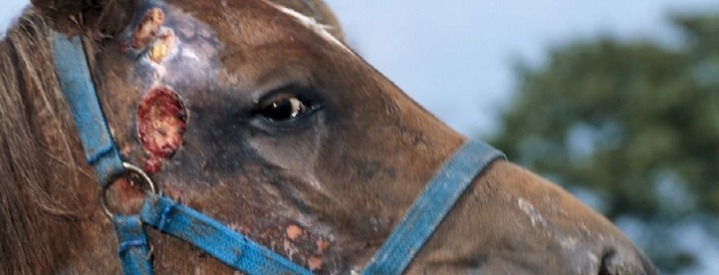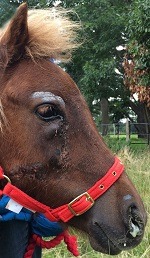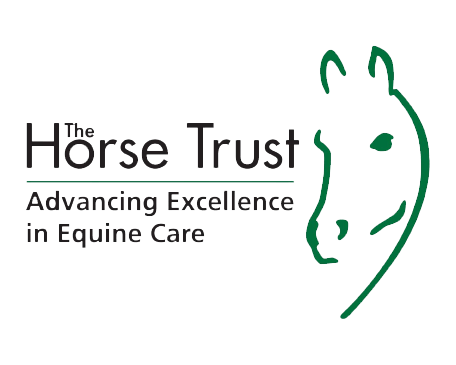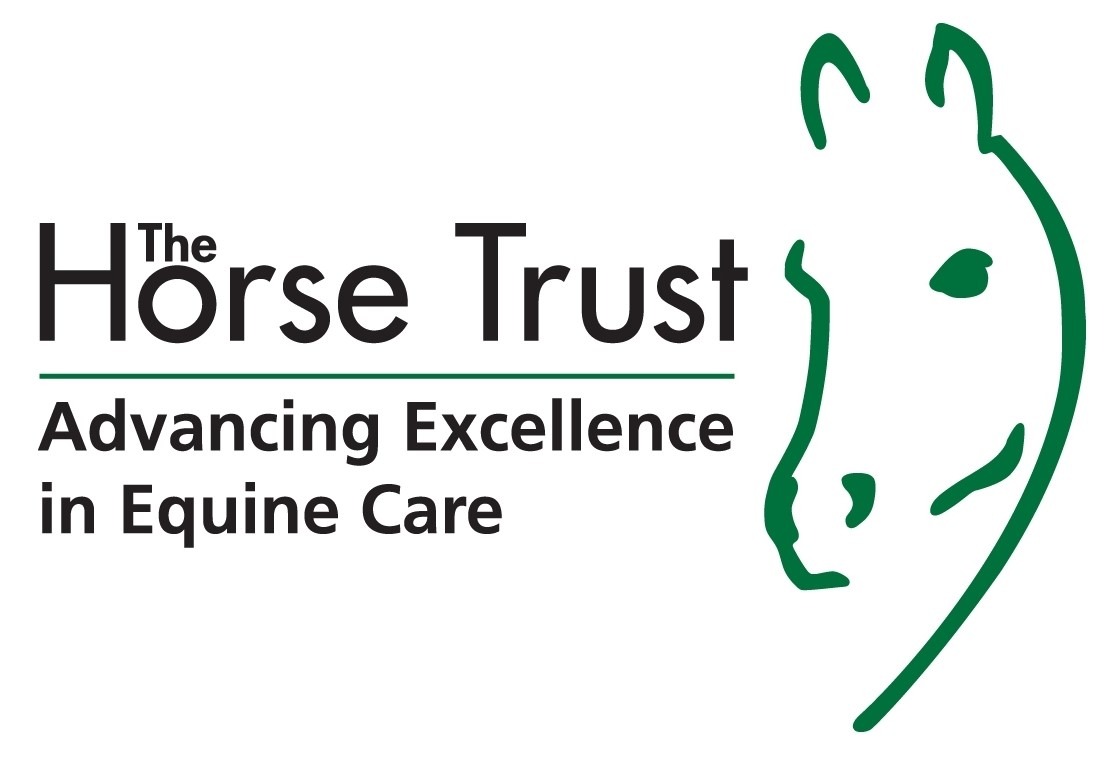At The Horse Trust, we’re committed to protecting not just the horses in our care…

Horse Trust funded research benefits horses and humans
A new research technique developed to investigate the infectious equine disease Strangles has helped scientists discover how bacteria that causes sore throats survive in humans.
The Horse Trust provided funding to The Animal Health Trust (AHT) through our research grant programme, to enable them to improve the design of vaccines for the prevention of strangles and so improve equine welfare.
The process of unravelling the way bacteria cause disease has traditionally needed to be carried out one gene at a time. The AHT scientists have discovered a method that enables every gene in streptococcus equi (the bacteria that causes strangles) to be tested at once.
 The technique developed by the AHT was shared with the Houston Methodist Institute who were carrying out research on the bacterium that is responsible for 600 million cases of pharyngitis (a sore throat) in humans every year. The bacteria is also responsible for a further 100 million cases of invasive disease including scarlet fever, acute rheumatic fever and the flesh-eating disease necrotising fasciitis, the onset of which often follows on from initial cases of pharyngitis.
The technique developed by the AHT was shared with the Houston Methodist Institute who were carrying out research on the bacterium that is responsible for 600 million cases of pharyngitis (a sore throat) in humans every year. The bacteria is also responsible for a further 100 million cases of invasive disease including scarlet fever, acute rheumatic fever and the flesh-eating disease necrotising fasciitis, the onset of which often follows on from initial cases of pharyngitis.
“The ability to establish the importance of every gene in Streptococcus pyogenes within one experiment has the potential to accelerate research into this important human pathogen” explains Dr. James Musser, Professor of Pathology and Genome Medicine at the Houston Methodist Research Institute. “In follow on tests, we were immediately able to confirm that six of these new genes really did affect growth in human saliva, suggesting that this new information has exciting potential for developing novel therapeutics and vaccines with which to improve human health.”
“We are delighted that a technique developed at the AHT to learn more about Streptococcus equi and Strangles in horses has provided new results that could benefit people too” said Dr. Andrew Waller, Head of Bacteriology at the AHT.















Comments (0)